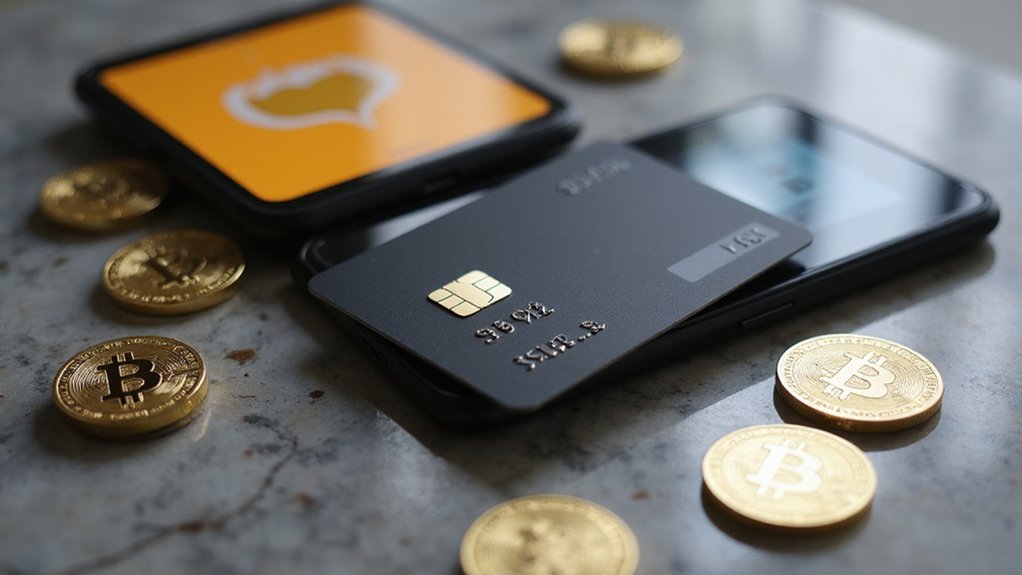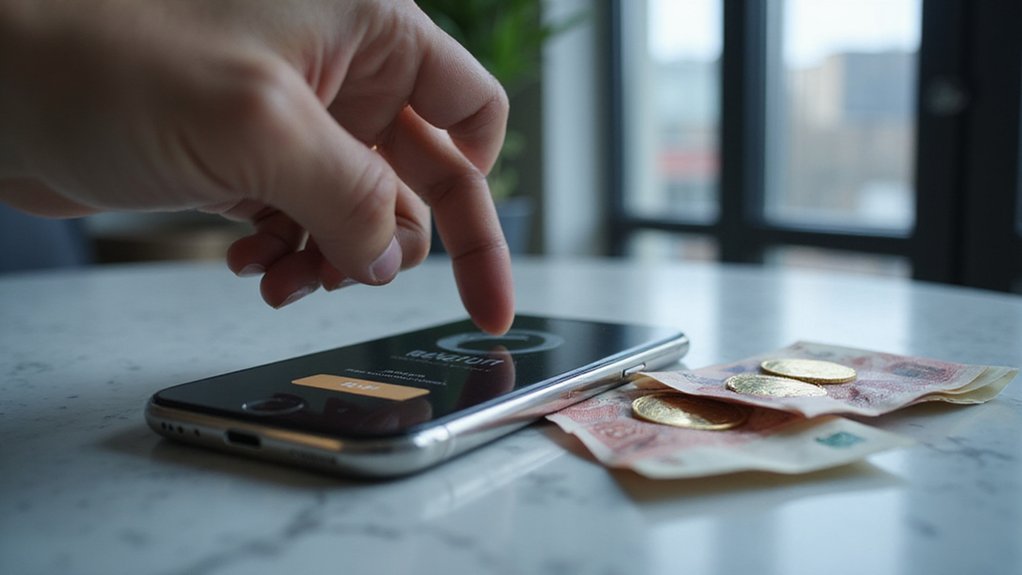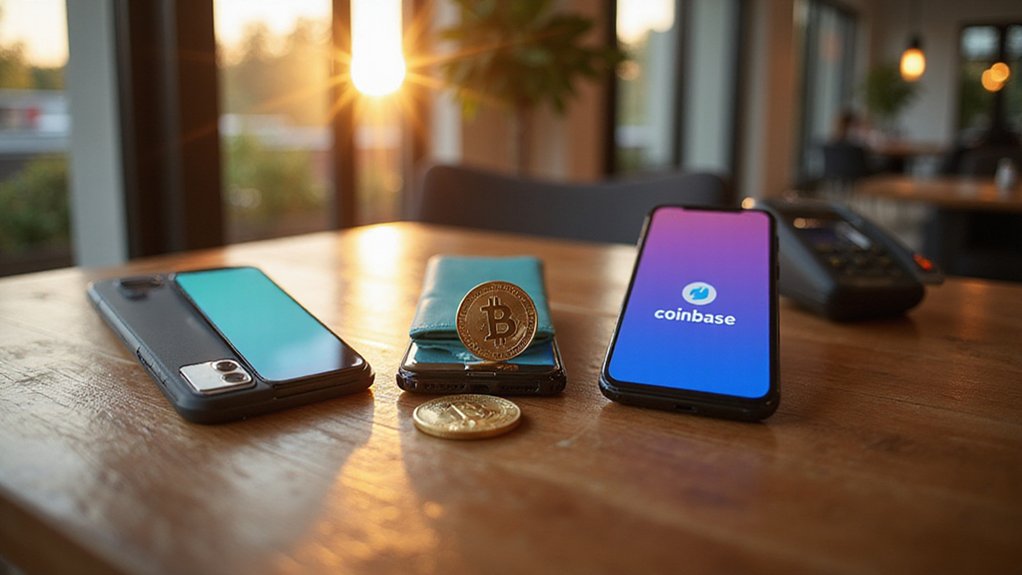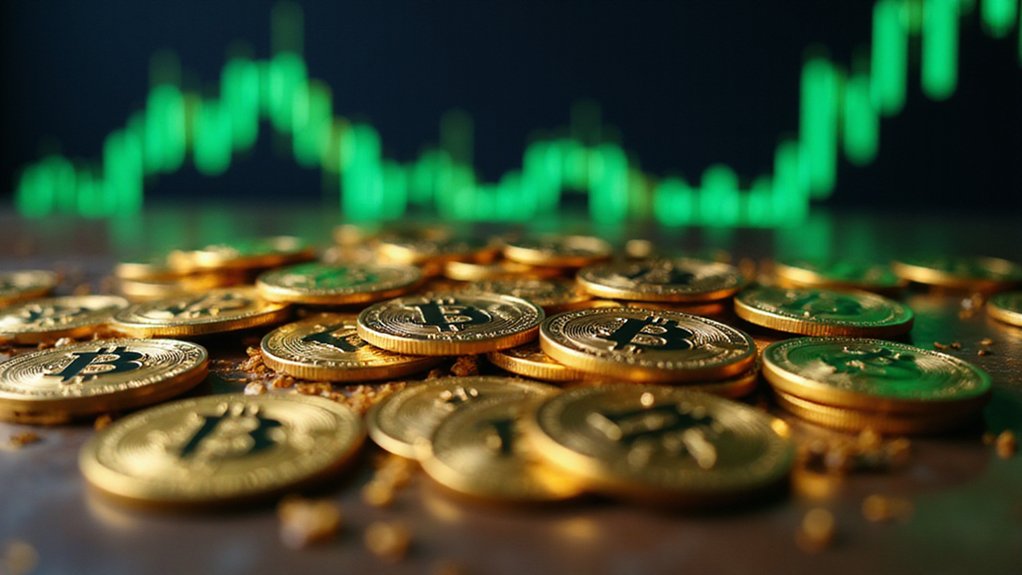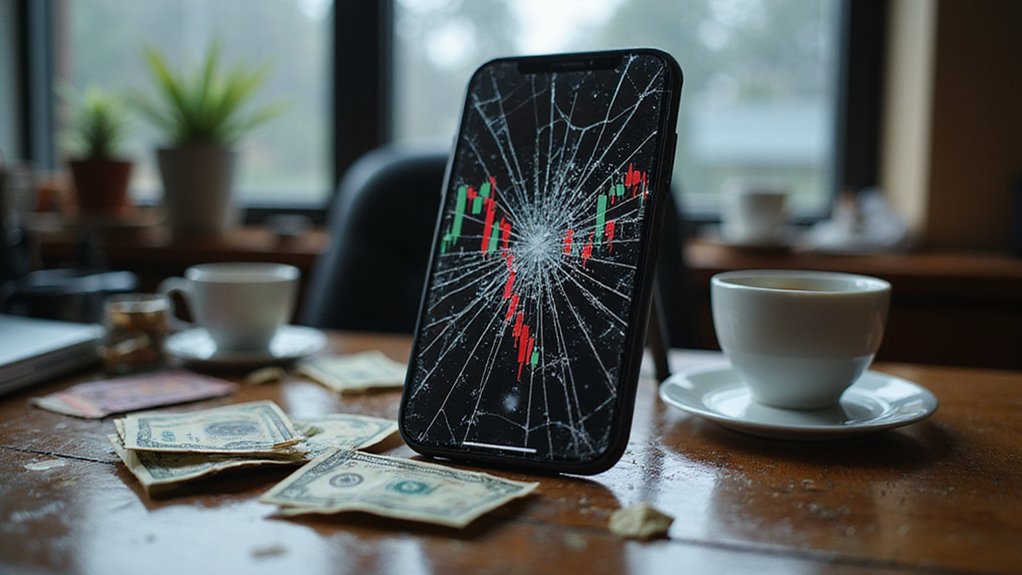While most cryptocurrencies careen through price swings that would make seasoned traders reach for antacids, PYUSD represents PayPal’s calculated attempt to inject stability into the digital asset ecosystem—a stablecoin pegged 1:1 to the US Dollar that promises the technological sophistication of blockchain without the accompanying volatility-induced insomnia.
The architecture underlying PYUSD demonstrates PayPal’s commitment to maintaining that precious 1:1 dollar parity through full backing via US dollar deposits, treasuries, and cash equivalents held by regulated financial institutions. This isn’t mere marketing theater; the supply mechanism automatically adjusts based on demand, issuing new tokens when users purchase PYUSD and removing them upon USD redemption—a elegant dance of monetary mechanics that keeps the peg intact while traditional crypto assets perform their usual acrobatics.
Built on Ethereum’s blockchain infrastructure, PYUSD leverages smart contract functionality to integrate seamlessly with decentralized applications and DeFi platforms, allowing users to participate in lending protocols and liquidity pools without abandoning the comfort of dollar-denominated stability. This integration enables PayPal’s 400 million users to access sophisticated blockchain-based financial services directly through their familiar payment platform. The platform ensures accountability through regular audits conducted by Paxos to maintain transparency and verify reserve stability.
The public blockchain guarantees transaction transparency (because who doesn’t enjoy having their financial movements eternally recorded on an immutable ledger?).
What distinguishes PYUSD from garden-variety stablecoins is its gateway function within PayPal’s ecosystem, facilitating access to over 100 cryptocurrencies without the friction typically associated with fiat-to-crypto conversions. Users can deploy PYUSD as a stable bridge token, mitigating volatility risk when shifting between traditional currency and more adventurous digital assets—essentially providing a safe harbor before venturing into crypto’s wilder territories. When participating in DeFi protocols, users should be aware that impermanent loss can occur if token price ratios diverge significantly from their initial deposit ratios.
The practical applications extend beyond mere speculation. PYUSD enables fee-free transfers within PayPal and Venmo in the US, supports checkout functionality at millions of merchants accepting PayPal, and offers external wallet compatibility across Ethereum and Solana networks (though network fees apply, naturally).
Perhaps most intriguingly, PayPal sweetens the proposition with rewards programs offering annual yields as high as 4% for holding PYUSD balances—a compelling proposition in an era where traditional savings accounts offer returns that barely register above statistical noise.
This incentive structure positions PYUSD as both transactional medium and yield-generating asset, transforming what might otherwise be dormant digital dollars into productive capital within the broader cryptocurrency ecosystem.


